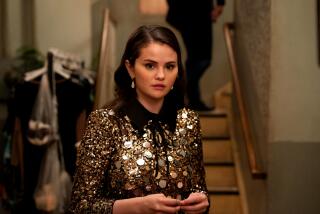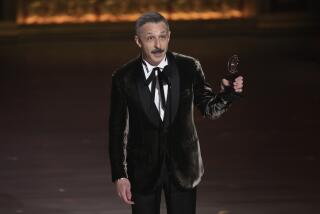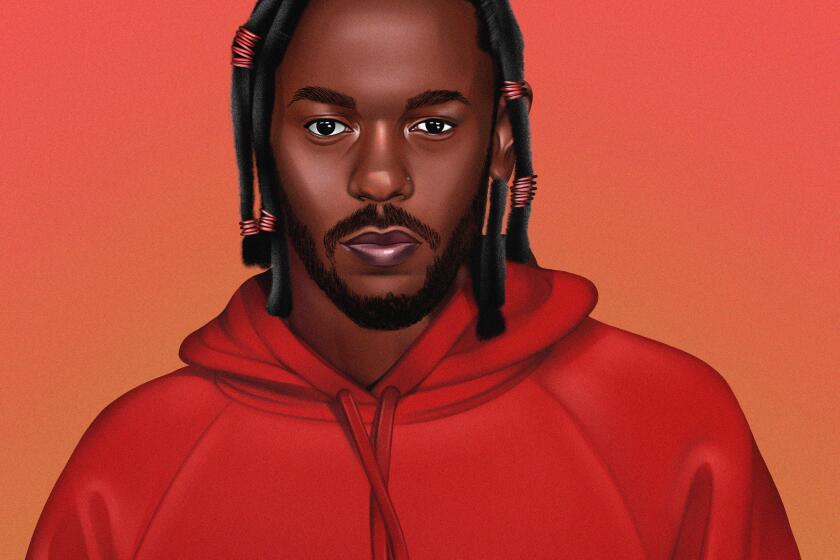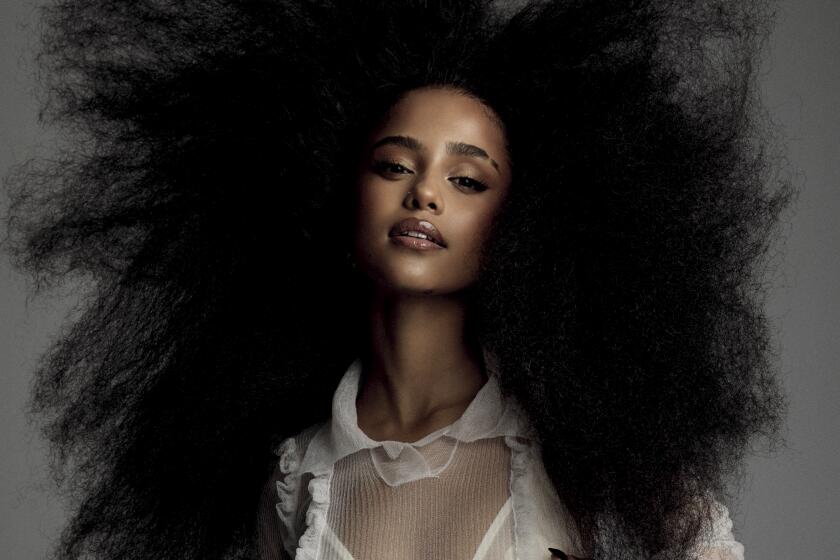Some Were Deserving but Others . . .
Surprises are in short supply again in this year’s jazz Grammy winners. Which is, in itself, no surprise, given the conservative list of nominations. If the awards offer any message, it is that the academy’s jazz committee--presumably formed to ensure the highest-quality list of nominees--didn’t fully achieve that goal this year.
McCoy Tyner’s “Impressions” was the high achiever, with Grammys for best jazz instrumental performance, individual or group for the Tyner Trio with Michael Brecker, and for Brecker’s best jazz instrumental solo. The Tyner-Brecker combination is deserving enough, despite its somewhat tepid references to the classic Tyner-John Coltrane connection. But the selections wiped out the possibility of awards for this year’s strongest musical entries: pianist Kenny Barron’s “Wanton Spirit” and Joe Henderson’s tribute to Antonio Carlos Jobim, “Double Rainbow.”
Lena Horne’s best jazz vocal performance Grammy is a salute to a legendary entertainer whose work may be best viewed as jazz-compatible. As in last year’s award to Etta James, it seems to have more to do with honoring a career than with recognizing a specific achievement. Sadly, in the process, Abbey Lincoln’s compelling performance on “A Turtle’s Dream” was overlooked.
In the best large jazz ensemble category, four unusually diverse nominees were similarly overlooked to honor, instead, the studio-slick work of the GRP All Star Big Band. There can be no argument with the proficiency of the Tom Scott-led ensemble. But there was far more interesting music to choose from in albums from Bill Holman, Joe Lovano, Gerald Wilson and the Mingus Big Band.
The flip of a five-sided coin, however, could have made the pick for best contemporary jazz performance. Pat Metheny is a worthy winner--an artist who has consistently brought a rare blend of imagination and curiosity to the contemporary jazz arena.
Still, any of the other nominees--Fourplay, Marcus Miller, the Yellowjackets and the duo of Lee Ritenour and Larry Carlton--would have been an equally commendable choice.
More to Read
The biggest entertainment stories
Get our big stories about Hollywood, film, television, music, arts, culture and more right in your inbox as soon as they publish.
You may occasionally receive promotional content from the Los Angeles Times.










